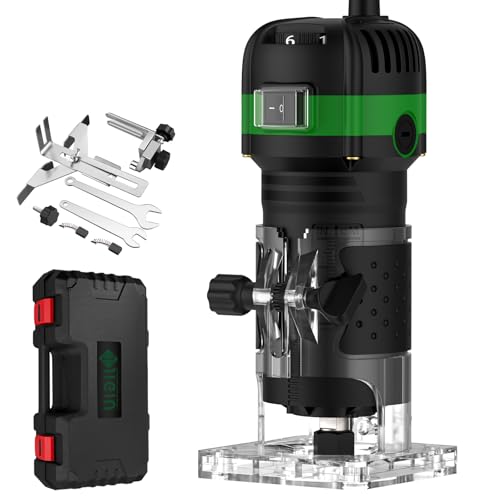Jester129
Established Member
Having been told by my electrician that there is no 3 phase in the village, I was just wondering about a 3 phase generator.
Would it be feasible to buy one to use with bigger woodworking machinery on a dedicated circuit in a workshop?
Obviously it would only be powered up when required. What are the thoughts on members of the site please?
Would it be feasible to buy one to use with bigger woodworking machinery on a dedicated circuit in a workshop?
Obviously it would only be powered up when required. What are the thoughts on members of the site please?


































